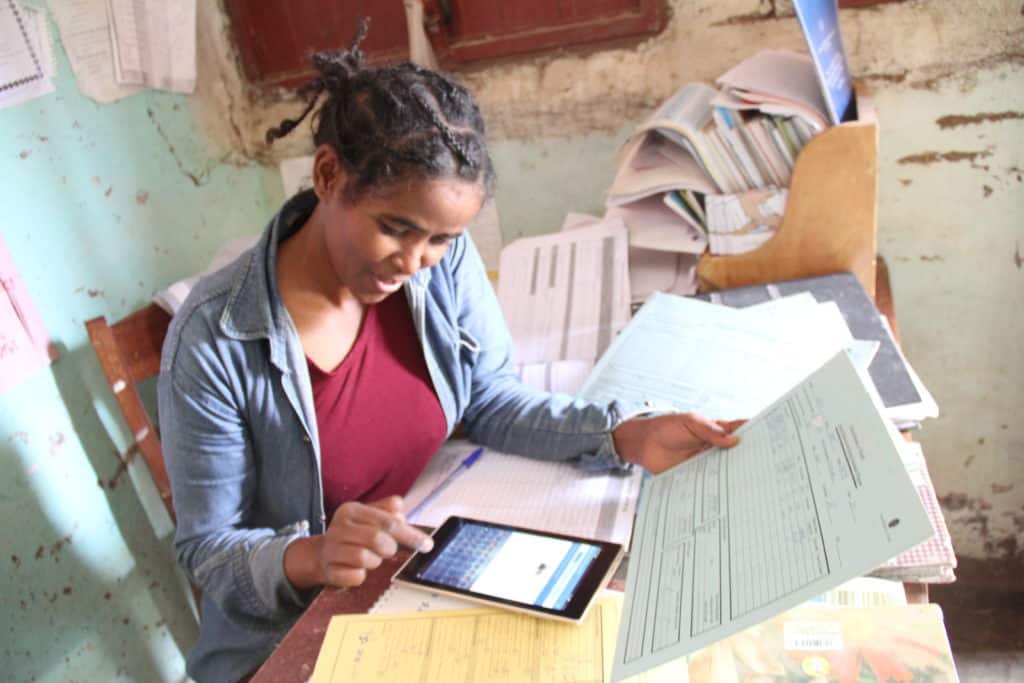When Digital Health Funding Moves from Projects to National Strategies
December 10th, 2019 | viewpoint
I’ve attended many versions of the Global Digital Health Forum (GDHF) over the years, beginning when a global health focus was sandwiched into the research track of the mHealth Summit. The digital health realm has progressed since then, as we’ve moved from tentative proof-of-concepts to promising pilots to “pilotitis” to a focus on bringing innovations to scale and interoperability. Unfortunately, there is still a disconnect between specific project- and program-based funding for digital health interventions and national policies and strategies to guide and define them. This is because national digital health strategies have been incomplete —if they exist at all.
At this year’s GDHF, I am here as the chief of party of the newly launched USAID-funded Ethiopia Digital Health Activity (DHA), which is designed to help the Federal Ministry of Health (FMOH) implement the Information Revolution Agenda as part of its Health Sector Transformation Plan. The agenda’s strategy for achieving an “information revolution” catalyzes change along three pillars—digitization, data use, and governance—to build a sustainable health care system. The DHA is led by FMOH and supported by the Bill & Melinda Gates Foundation-funded Data Use Partnership (DUP), which is working with the FMOH define and strengthen governance processes and bodies, helping to clarify who can make decisions about data elements, systems, and tools. The DHA will develop and strengthen systems according to these decisions.

As I attend presentations and panels, I am hopeful because we are finally seeing funding for digital health initiatives that meet the needs identified in national strategies and budgeted roadmaps. Consolidating USAID funding for digital health systems under one program structure directly answerable to the FMOH’s governance structures will likely be the approach for future programs. The FMOH is leading the transformation of the health sector according to the country’s priorities, instead of letting funders or specific programs dictate digital health agendas. Other donors have expressed interest in funding particular digital systems, and the FMOH has requested that they align with the Ethiopian Information Revolution Roadmap and plans for specific systems. If countries are going to maximize the potential of digital health to improve health outcomes through better systems and services, donor investments must support their long-term goals so they can sustain those outcomes. I’m very excited to be a part of this shift in Ethiopia, and look forward to seeing this development strategy reach other countries as well.
Written by Marasi Mwencha
We strive to build lasting relationships to produce better health outcomes for all.